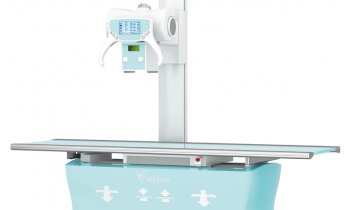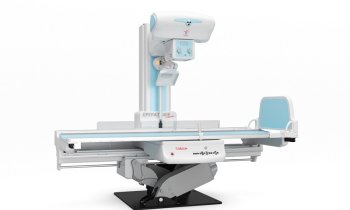Obese children at higher risk for premature heart disease
By Karen Dente
The obesity epidemic is increasingly affecting young teens worldwide. In the USA the epidemic is well-established: more than 17% of children are obese and about a third of those have high blood pressure, which places them at risk for premature heart disease.
The American Society of Hypertension has issued a position paper calling for urgent clinical research and updated treatment results to better define disease pathways and treatment methods that can help determine beneficial time points for medical intervention.
‘The magnitude of the cardiovascular consequences for obese children, especially those with high blood pressure, is substantial,’ Bonita Falkner MD, Professor of Medicine and Paediatrics, at Thomas Jefferson University, and one of the authors of the position paper and lead author of the Paediatric Hypertension Guidelines published in 2004.
The challenge in treating children is that the drugs are in the same class as those used to treat adults, with most of the clinical data not based on a paediatric patient population. ‘We’ve been conservative in the treatment of children for 15 years,’ said Dr Falkner, who advocates earlier intervention in children under specific circumstances. She recommends the treatment of secondary hypertension in children, which is high blood pressure due to certain underlying causes usually unrelated to obesity. These children require management of the underlying condition. Other children with hypertension, for example due to obesity or type 2 diabetes, can be treated with lifestyle changes, such as diet and exercise. ‘To reverse obesity in children is often very difficult because obese children are from obese families,’ Dr Falkner pointed out, adding that more clinical trial data is needed to guide the proper treatment in children.
‘It is critical to understand that these are proven therapies and that they do work if you take them,’ advised George L Bakris MD, of the Pritzker School of Medicine and author of the position paper on treatment of hypertension in diabetics. He is in favour of aggressive, early treatment to achieve blood pressure control: ‘If we fail in childhood, then we have a worldwide epidemic of obesity, diabetes and hypertension.’
Considerable controversy regarding the treatment of obese patients who often have diabetes and high blood pressure, surrounds the extent to which they should be encouraged to make self-directed lifestyle changes rather than pop pills. With obese children now entering the picture, this debate has sharpened, because the available clinical data to support and guide treatment in children is sparse compared with that for adults.
‘We’re not arguing anything, we’re empowering people to do this. It is the physician’s responsibility to educate and empower the patient. It’s the patient’s responsibility to take control,’ Dr Bakris said. ‘But this will fail unless we have some sort of governmental intervention that puts physical education back in the schools – this is a community effort that needs to have some governmental support behind it.’
20.11.2008











